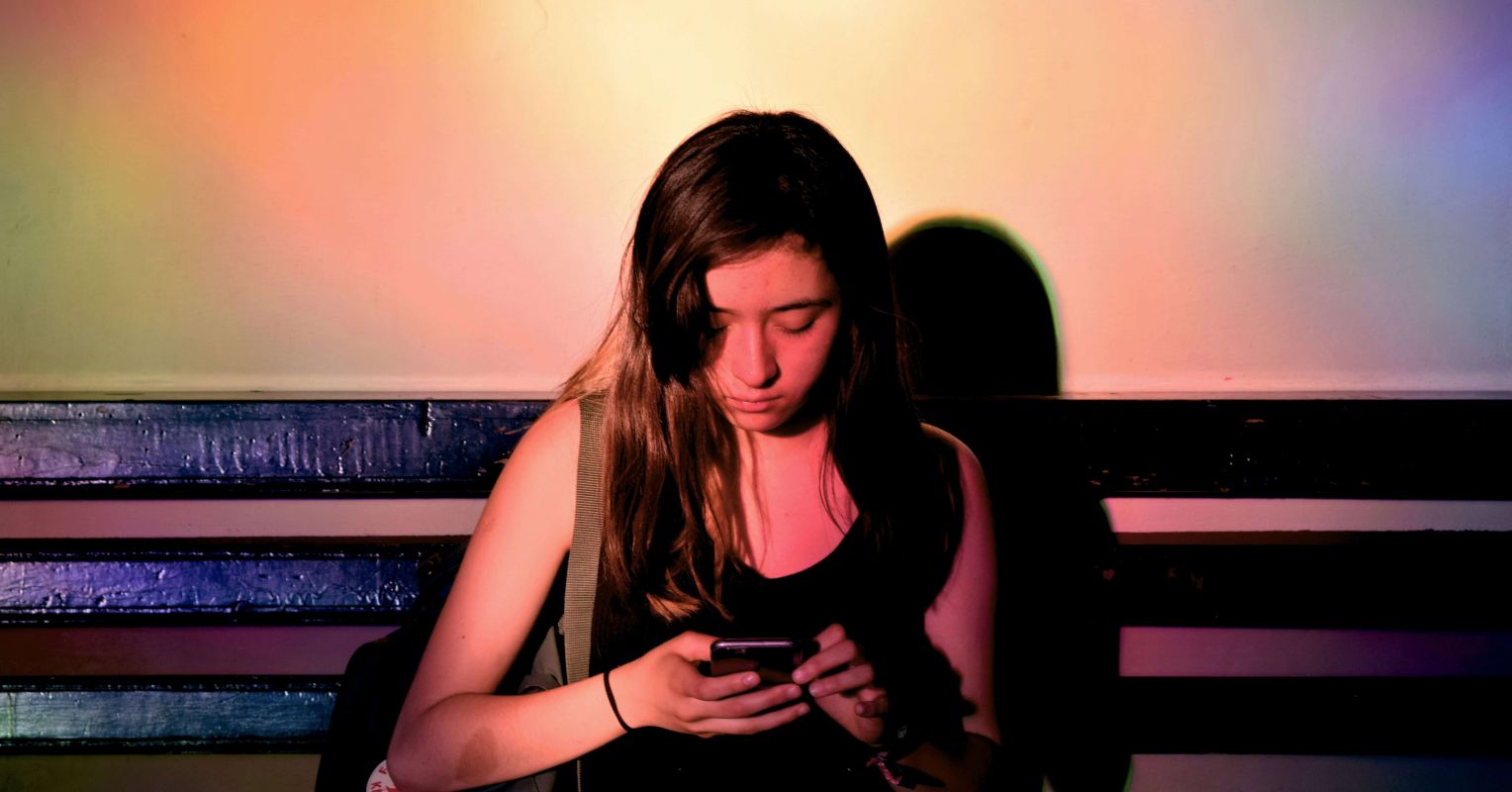
"Technology provides immediate answers, depriving us of the opportunity to learn how to handle uncertainty. Intolerance of uncertainty is a feature that is commonly seen in anxiety disorders. You can build up your tolerance to uncertainty by delaying urges to use technology for reassurance. When you experience a strange body symptom, do you turn to a chatbot, like ChatGPT, instead of consulting a doctor? If so, you are not alone."
"What needs attention, however, is a phenomenon that mental health practitioners see regularly: the immediacy of getting information from technology has caused many people to be more anxious. And it's not about the specifics of the information we get; it's about the act of getting information so quickly. People who struggle with anxiety issues tend to dislike uncertainty; they equate uncertainty with danger or something bad happening. However, in reality, uncertainty is neutral."
Technology gives immediate answers that reduce opportunities to learn to handle uncertainty. Many people with anxiety view uncertainty as dangerous, leading to catastrophizing about bodily sensations. Chatbots and instant information can temporarily reassure but also reinforce excessive reassurance-seeking and reduce tolerance for not knowing. People without anxiety accept uncertainty without catastrophizing. Gradual delay of urges to seek technological reassurance can build tolerance to uncertainty and reduce anxiety. Healthcare access issues increase chatbot use, but reliance on instant information can perpetuate anxiety patterns rather than teach coping with ambiguity.
Read at Psychology Today
Unable to calculate read time
Collection
[
|
...
]